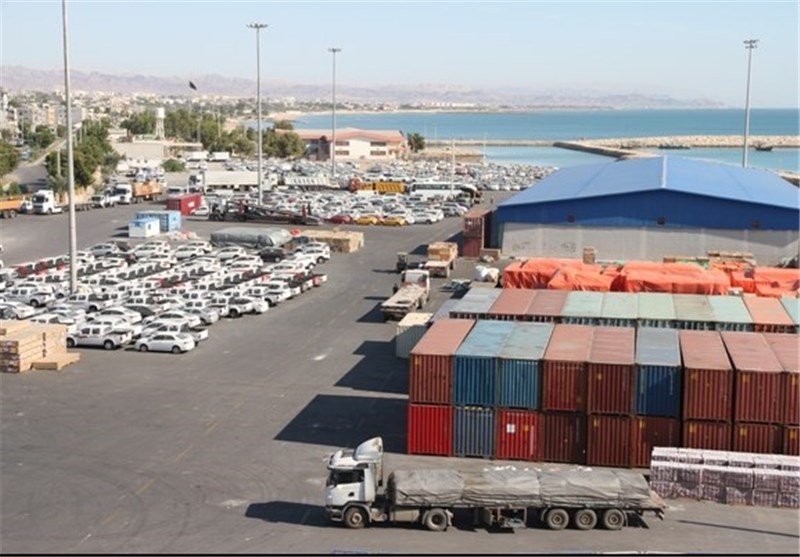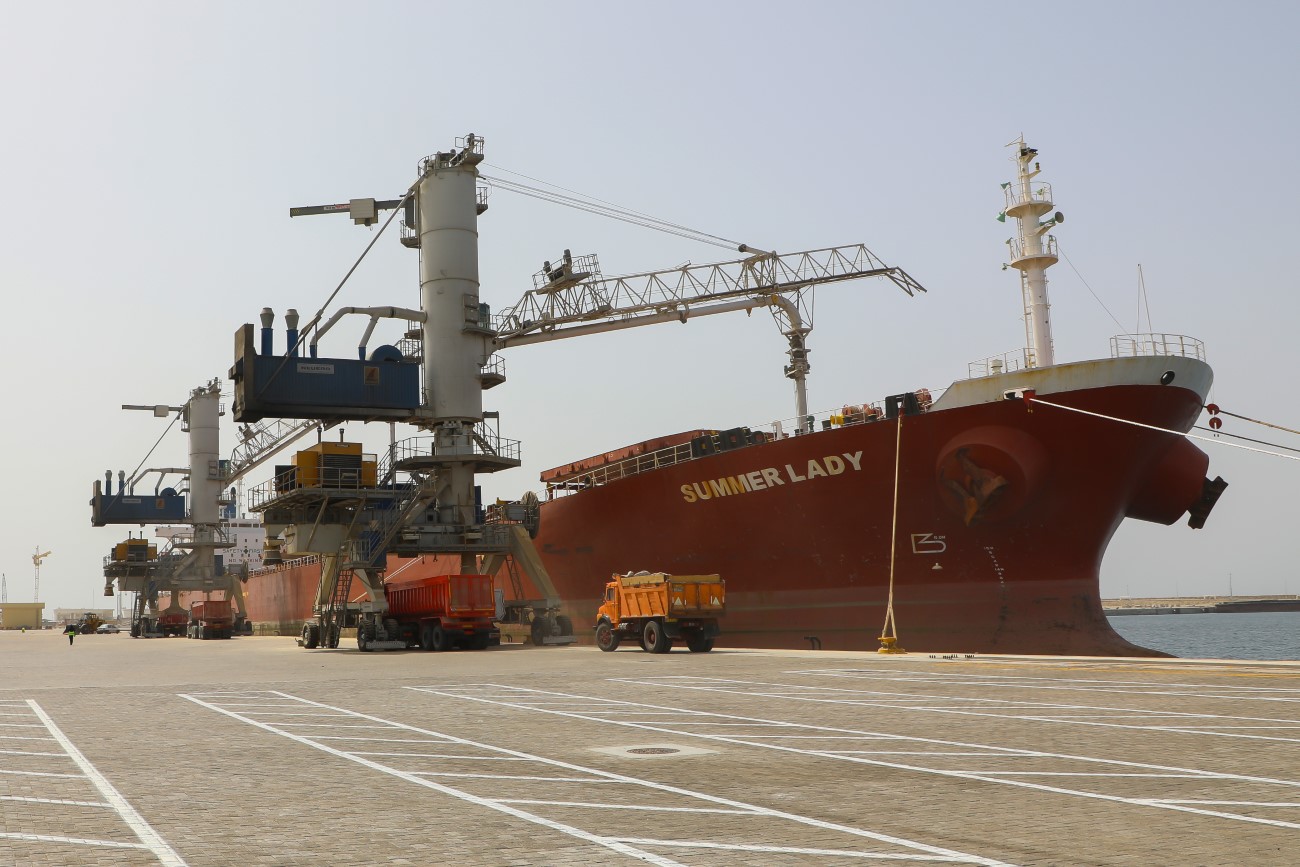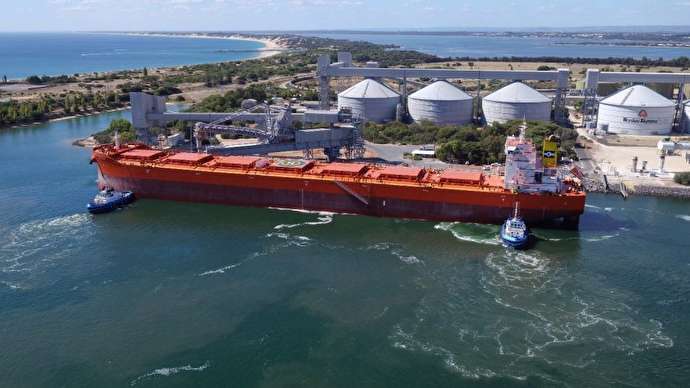Incoterms
Incoterms is a compound word that is a combination of the three English words "International Commercial Terms" meaning International Commercial Terms and is widely used. These terms are used to separate costs and responsibilities between seller and buyer. Incoterms answers questions related to shipping goods from seller to buyer. Issues include the shipment of goods, the clearance of goods, the import and export of goods, who is responsible for payment, and who is responsible for the risk of moving and transporting goods at different stages of transportation. The various terms Incoterms are usually used to refer to geographical locations, not relocation-related titles. Incoterms is developed by the International Chamber of Commerce.
Public transportation methods
Incoterms are divided into four groups D-C-F-E with terms related to each group.
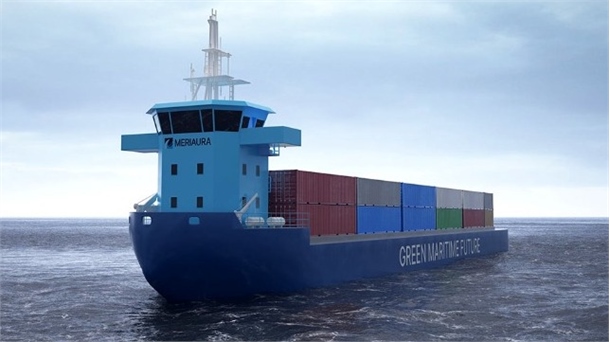
Group C - Delivery of goods at the origin to the buyer with payment of freight
This group includes terms under which the seller must pay the rent to the destination, but the risk of loss or damage and additional costs is borne by the buyer. In this method, a kind of division of responsibility is applied between the buyer and the seller.
-
CIF: Abbreviation for Cost, Insurance and Freight
Cost, insurance and freight to the destination. It is for sea transportation. The seller's liability ends when the goods are loaded from the ship's railing. The cost of shipping and insurance is with the seller. Contract of transportation and insurance with the seller.
-
CFR: Abbreviation for Cost and Freight
Cost and fare to the destination. Former C&F but for shipping. The seller's liability ends when the goods pass over the ship's railing (loaded). The cost of insurance is with the buyer. Shipping costs are with the seller. Concluding an insurance contract with the buyer. And concluding a shipping contract with the seller.
-
CPT: Abbreviation for Carriage Paid To
Delivery with payment of freight to the destination. Combined transport but mostly used by land or air. The seller's risk and responsibility ends when he delivers the goods to the first carrier. Shipping cost with the seller up to a certain point according to the contract. Buyer insurance fee. Concluding an inspection contract with the buyer.
-
CIP: Abbreviation for the term Carriage and Insurance Paid to
Delivery with payment of freight and insurance to the destination. The method of transportation is compound. The seller's risk and responsibility ends when he delivers the goods to the agreed point. The cost of insurance and shipping with the seller. Concluding an insurance and shipping contract with the seller. Concluding an inspection contract with the buyer.
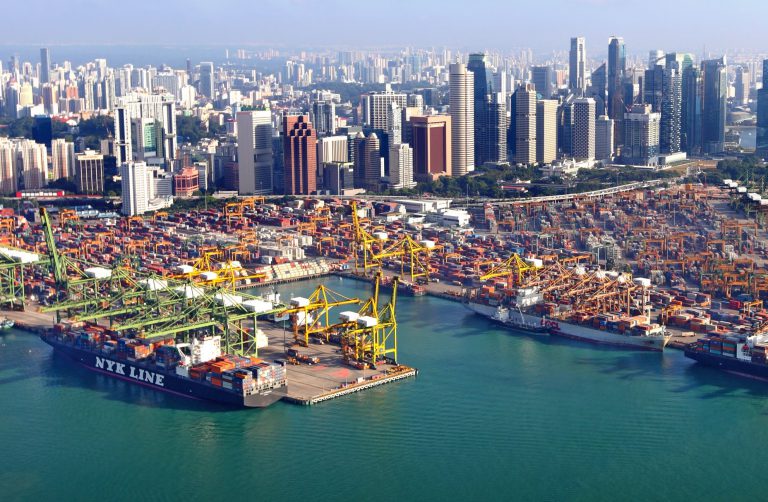
Group D - Delivery of goods to the destination
Delivery of goods to the destination Includes terms whereby the seller is responsible for delivering the goods to the agreed point or location at the destination and the seller assumes all risks and costs.
-
DDP: Abbreviation for Delivered Duty Paid
Delivery to the destination with payment of customs duties and taxes. The seller delivers the goods to the buyer in the destination country after clearing the goods and paying the tolls.
-
DDU: Abbreviation for Delivered Duty Unpaid
Delivery to the destination without paying customs duties and taxes. Deliver the seller of the goods in the destination country without clearing the goods for import and payment of tolls.
-
DEQ: Abbreviation for Delivered Ex Quay
Delivery at the pier (at destination). The seller delivers the goods to the buyer at the port of destination when the goods are transferred from the ship to the port and pay the transfer fees.
-
DES: Abbreviation for Delivered Ex Ship
Delivery on deck (at destination). The seller delivers the goods to the buyer on the deck of the ship in the port of destination and the measures and clearance costs for entering the port of destination are the responsibility of the buyer
-
DAF: Abbreviation for Delivered At Frontier
Delivery at the border (designated border). Transportation is mainly done by rail, and in this type of transportation, a national document can be obtained from the railway that includes all transportation operations to the final destination and insures the goods for that period of time.
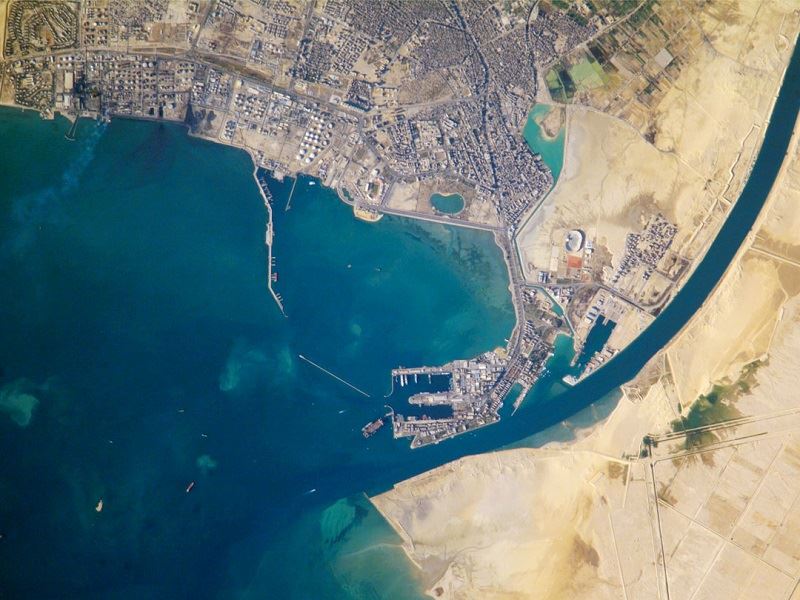
Group E stands for Ex Works - Delivery at the point of departure at the origin
Definition: Delivery of goods at the point of departure at the place of origin (place of work). In this method, the seller delivers the goods to the buyer at the place of production or warehouse, and all costs, including loading, transportation, insurance, customs and the risk of damage to the goods are borne by the buyer.

Group F - Delivery of goods to the buyer without payment of freight at the origin
This group includes terms whereby the seller delivers the goods to the place specified by the buyer. The most important methods in this group are
-
FAS: Abbreviation for Free Alongside Ship
Delivery of goods by ship at origin. The place of termination of the seller's risk is next to the ship in the port. Shipping and insurance costs with the buyer. Contract of transportation, insurance and inspection with the buyer
-
FOB: Abbreviation for Free On Board
Delivery of goods on the deck of the ship at the origin. The seller has terminated his risk when he passed the goods over the ship's railing. Shipping and insurance costs with the buyer. Concluding a contract of carriage from the port of delivery and insurance and inspection with the buyer.
-
FCA: stands for Free Carrier
Delivery of goods to the carrier at the origin (delivery of goods by truck, rail and aircraft). Given that the place of delivery is the buyer's country, the loading is with the buyer and is a point of risk. Shipping and insurance costs with the buyer. Contract of transportation and insurance with the buyer (not necessarily).
| Freight Collect Terms | Freight Prepaid Terms | ||||||||||
| Group | Any Mode or Modes of Transport | Sea and Inland Waterway transport | Any Mode or Modes of Transport | ||||||||
| Incoterm | EXW | FCA | FAS | FOB | CFR | CIF | CPT | CIP | DAP | DPU | DDP |
| Ex Works (PLACE) | Free Carrier (PLACE) | Free Alongside Ship (Port) | Free On Board (Port) | Cost and Freight (Port) | Cost Insurance & Freight (Port) | Carriage Paid To (PLACE) | Carriage & Insurance Paid To (PLACE) | Delivered At Place (PLACE) | Delivered At Place Unloaded (PLACE) | Delivered Duty paid (PLACE) | |
| Transfer of Risk | At Buyer's Disposal | On Buyer's Transport | Alongside ship | On Board Vessel | On Board Vessel | On Board Vessel | At Carrier | At Carrier | At Named Place | At Named Place Unloaded | At Named Place |
| Obligations & Charges: | |||||||||||
| Export Packaging | Seller | Seller | Seller | Seller | Seller | Seller | Seller | Seller | Seller | Seller | Seller |
| Loading Charges | Buyer | Seller | Seller | Seller | Seller | Seller | Seller | Seller | Seller | Seller | Seller |
| Delivery to Port/Place | Buyer | Seller | Seller | Seller | Seller | Seller | Seller | Seller | Seller | Seller | Seller |
| Export Duty, Taxes & Costum Clearance | Buyer | Seller | Seller | Seller | Seller | Seller | Seller | Seller | Seller | Seller | Seller |
| Origin Terminal Charges | Buyer | Buyer | Seller | Seller | Seller | Seller | Seller | Seller | Seller | Seller | Seller |
| Loading On Carriage | Buyer | Buyer | Buyer | Seller | Seller | Seller | Seller | Seller | Seller | Seller | Seller |
| Carriage Charges | Buyer | Buyer | Buyer | Buyer | Seller | Seller | Seller | Seller | Seller | Seller | Seller |
| Insurance | Negotiable | Negotiable | Negotiable | Negotiable | Negotiable | Seller | Negotiable | Seller | Negotiable | Negotiable | Negotiable |
| Destination Terminal Charges | Buyer | Buyer | Buyer | Buyer | Buyer | Buyer | Seller | Seller | Seller | Seller | Seller |
| Delivery to Destination | Buyer | Buyer | Buyer | Buyer | Buyer | Buyer | Buyer | Buyer | Seller | Seller | Seller |
| Unloading at Destination | Buyer | Buyer | Buyer | Buyer | Buyer | Buyer | Buyer | Buyer | Buyer | Seller | Buyer |
| Import Duty, Taxes & Costum Clearance | Buyer | Buyer | Buyer | Buyer | Buyer | Buyer | Buyer | Buyer | Buyer | Buyer | Seller |

